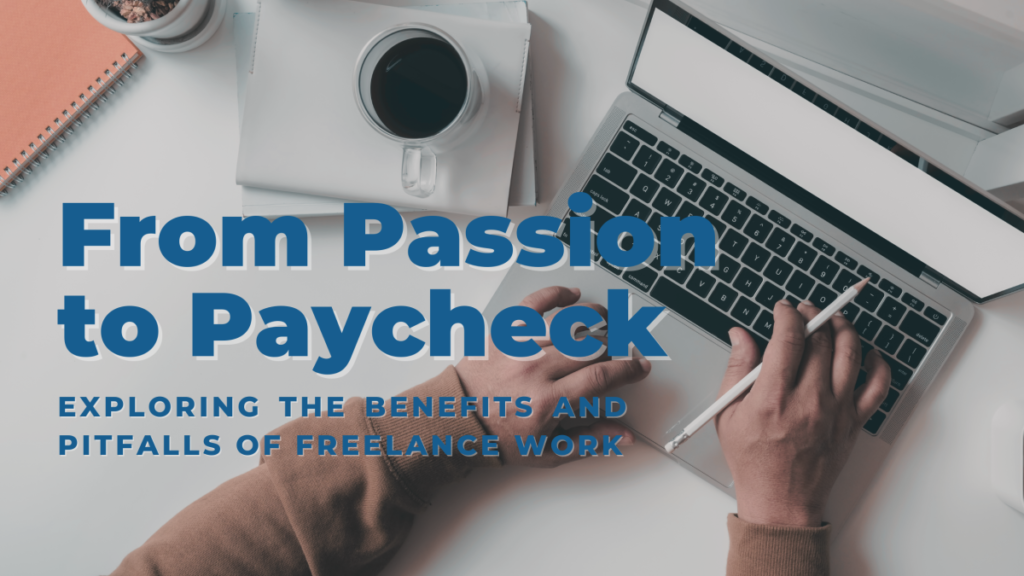Affiliate marketing is one of the few areas where remote working has become the norm rather than the exception. Most webmasters have never seen an “office” in the usual sense: their workplace is a laptop, the Internet, and the right connections. On the one hand, this gives them freedom — the opportunity to live and work anywhere in the world. On the other hand, it brings challenges that are rarely discussed at conferences and forums.
In this article, we will look at the real pros and cons of affiliate marketing without an office, and why a “flexible schedule” is not always as romantic as it seems from the outside.
How can a webmaster make money on nutra in the summer? Follow the link and read the article from AffCommunity.
Pros of life without an office
- Freedom of movement
The work of a publisher is not tied to a specific city or country. You can be on a beach in Thailand, in a coworking space in Berlin, or in a quiet village outside the city — and still run campaigns. All you need is the internet and equipment. - Flexible schedule
There is no fixed start to the working day and no strict deadlines. Everyone decides for themselves when to run tests, when to optimize campaigns, and when to take a break. For many, this is the main advantage — especially for those who value freedom and self-management. - Saving time and resources
No need to spend hours commuting to the office, enduring traffic jams or noisy open spaces. You have more time for work, learning or your personal life. - The ability to combine work and travel
Affiliate marketing is ideal for a digital nomad lifestyle. With the right organization, you can travel the world, experience new cultures and earn money at the same time. - Independence and autonomy
You are not dependent on managers, meetings, or corporate rules. In affiliate marketing, the result depends only on your decisions, creativity, and skills.
Disadvantages of affiliate marketing without an office
- self-discipline and procrastination. When no one is monitoring your schedule, it is tempting to “start later.” The result is missed opportunities to launch campaigns, unfavorable tests, and stress. Successful arbitrage publishers know that freedom requires strict self-discipline.
- lack of live communication. In an office, there are always colleagues with whom you can discuss ideas and problems. Freelance webmasters often work alone, which can cause feelings of isolation. The solution is to communicate in professional communities and periodically meet with colleagues at conferences;
- income instability. Unlike a salary in an office, income in affiliate marketing depends on the effectiveness of campaigns. Today you’re in the black, tomorrow your budget is blown. Constant planning and a financial cushion are essential for stability.
- technical risks. The internet goes down, your laptop breaks, you get banned from an ad network — and you can’t work. In an office, technical support solves such problems, but here everything falls on you;
- the line between work and leisure is blurred. When work is always “at hand,” there is a temptation to check campaigns even at night or on vacation. As a result, instead of freedom, you can get a feeling of constant busyness.
How to balance the pros and cons
To make the life of a freelance webmaster comfortable and productive, it is worth following a few rules:
- Organize your workplace. Even at home, set aside a corner for your “office area.” This helps you get in the mood for work.
- Set a schedule. Set fixed hours for running tests, analyzing, and taking breaks.
- Don’t work alone. Join a community, attend offline events, and find partners to exchange experiences with.
- Have a financial cushion. Having at least 3-6 months’ worth of savings gives you confidence and protects you from stress.
- Separate your life and work. Turn off notifications at night, take weekends off, and plan vacations.
Conclusion
The life of a webmaster without an office is an opportunity to structure your day the way you want and work where it’s convenient. But with freedom come new challenges: the need for self-discipline, dealing with income instability, and the ability to separate work and leisure. Those who learn to balance these aspects gain not just an income, but a lifestyle that combines freedom and personal growth.




